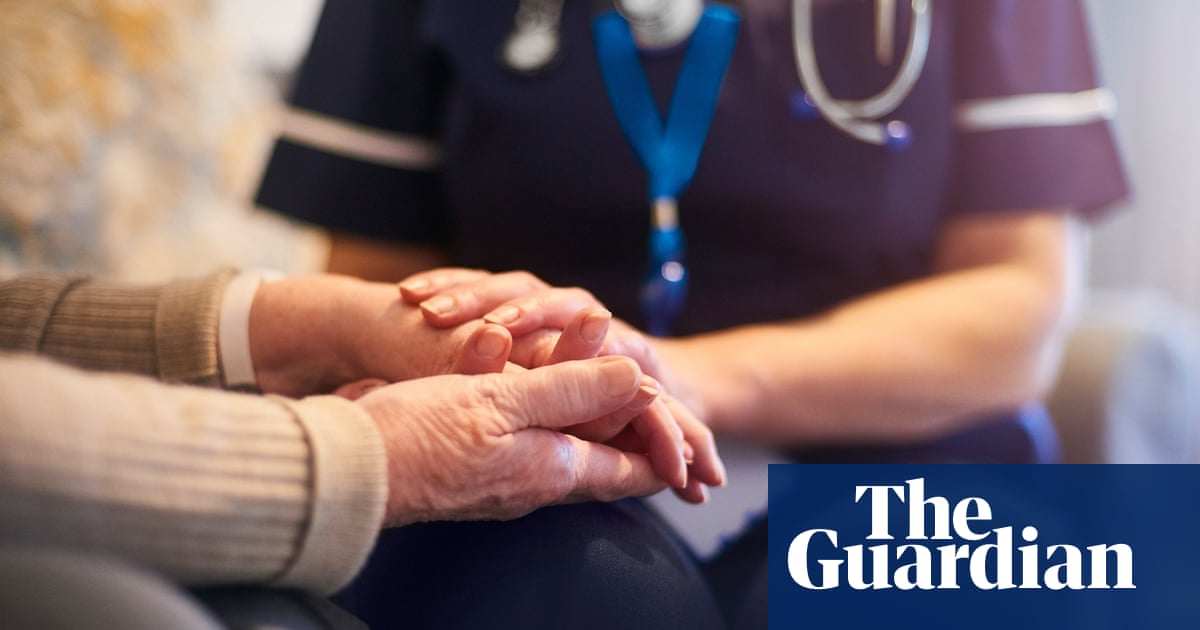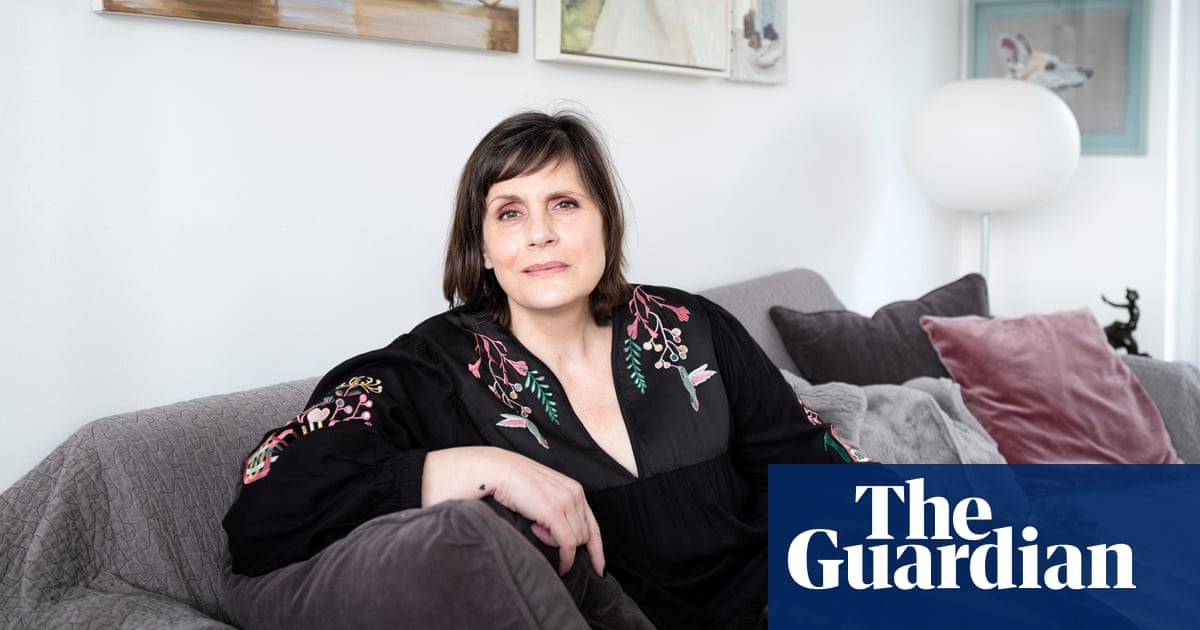
Paola Marra, the 53-year-old from London who took her own life at Dignitas in Switzerland on Wednesday, has urged the public and politicians to help change the law on assisted dying in a posthumous video.
In a clip filmed before she flew to Zurich this week, Marra, who had had terminal bowel cancer since 2021, said: “As you watch this, I am dead. But you watching this could help change the laws around assisted dying.”
She told party leaders in a parallel letter she wanted to see “real progress towards giving dying people the hope of a real choice here in the UK” by the first anniversary of her death.
Assisted dying is legal in Switzerland, and Marra, a former music industry and charity worker, had told the Guardian before she travelled to Dignitas that it would be “insane” if the practice was not legalised in the UK in the next couple of years.
Under the 1961 Suicide Act, helping someone take their own life is a criminal offence in England and Wales. Scottish laws also leave anyone assisting open to prosecution.
“It should be allowed in this country,” she said. “I think it’s really unfair that I can’t do it here.”
Marra recorded the video with the photographer Rankin. Late last year, when she knew she wanted to end her life in Switzerland to avoid the extreme suffering she was likely to face, she visited his pop-up studio in London to have her portraits taken. Rankin said he was “floored” by her story and asked to make a short film with her.
She said: “I’m choosing to seek assisted dying because I refuse to let a terminal illness dictate the terms of my existence. The pain and suffering can become unbearable. It’s a slow erosion of dignity, the loss of independence, the stripping away of everything that makes life worth living. Assisted dying is not about giving up. In fact, it’s about reclaiming control. It’s not about death. It’s about dignity.”
She also told the leaders of the UK political parties the current law was “unfair and cruel” and that as a result she was denied “more time with my friends and people who love me”.
“Hundreds of millions of people around the globe now have access to some form of assisted dying,” she said in the letter, posted by the campaign for assisted dying Dignity in Dying. “It’s time that dying people in the UK get the right to choose a peaceful death, too. As you prepare for the next general election, I urge you to listen to the voices of dying people like me and bring forward a full debate on assisted dying in the next parliament as a matter of urgency.”
It cost Marra about £15,000 to take her own life at Dignitas and she said that for people that could not afford that the law “will force them to endure a painful death, or drive them to take their own lives”.
Since 1998 more than 530 Britons have had to travel to Dignitas to die, and more have been too unwell to get there or cannot afford to go.
Opinion polls consistently record public support of more than two-thirds for assisted dying with strict controls. Last week, the Labour leader, Keir Starmer, confirmed he wanted the law changed and MPs would be given a vote on reform in England and Wales under a Labour government. The last time there was a vote, in 2015, it was defeated 330 to 118, but Kit Malthouse, the Conservative MP who co-chairs the all-party group on choice at the end of life, believes opinion has shifted considerably.
Assisted dying is already legal for terminally ill, mentally competent adults in their final months of life in 11 US states, in most of Australia, in New Zealand, Canada, Spain, Austria and Ecuador. Broader right-to-die laws apply in Belgium, the Netherlands and Luxembourg. Law changes are afoot in Jersey and the Isle of Man and a vote is expected on legalisation in the Scottish parliament.
But opponents of legalisation fear it could increase pressure on some vulnerable people to take their own lives.
“No one who read the [Guardian] interview could not feel sympathy,” said Dr Gordon Macdonald, the chief executive of Care Not Killing. “But changing the law would put massive pressure on elderly, terminally ill and disabled people to end their lives prematurely as we see in the handful of places who have legalised state-assisted killing … We agree with the recent health and social care committee report [into assisted dying], which did not recommend legalising assisted suicide or euthanasia, but did recommend trying to fix the UK’s patchy palliative care system. This would remove the need.”
Marra also left a final message on her public Instagram page.
“This one is tricky, not because I didn’t know it was coming, but because how do you say goodbye,” she said. “It’s the only part of dying that I’ve really struggled with. I’m OK with, and am ready to die, but I’m not ready to leave the people I love. Incredibly, having cancer has taught me about love. It’s made me become vulnerable enough to allow people in to love me, which in turn has made me love them even more. It has taught me that you can fall in love with your friends and that it isn’t exclusively for partners.”












